BBC Africa is working with KTN to co-produce a weekly current affairs, English language programme for Kenyan audiences.
According to the British broadcasting giant, the new programme will feature an in depth look at strong African stories, look at issues that touch the lives of Kenyans at home and abroad, deliver original storytelling and hard-hitting studio discussions and interviews.
BBC Africa has already advertised various positions including those of an editor, reporters and multi-media journalists to work on the new programme.
Successful recruits will cover stories, issues and events in Kenya and the surrounding regions and may be required to travel internationally for stories relevant for Kenyan audiences and would report for multi-platform outlets, including television, online and social media and radio.
Early last month, BBC which has been on a recruitment spree, launched the East African Bureau in Nairobi, which also serves as the Africa headquarters.
So @BBCAfrica is launching a co-production with @KTNKenya. We have so many new jobs!
Editor https://t.co/Am5sAiDSZE
SBJ https://t.co/65MAKkX7pN
Reporter https://t.co/i3EXGxlzIM
BJ https://t.co/QTB0x8V1bS
Researcher https://t.co/MyQAdrYoku
Shoot-Edit https://t.co/cSvYSgH8TP— Larry Madowo (@LarryMadowo) November 27, 2018
Partly in partnership with NTV and KBC, among other stations across the continent, BBC has launched various programmes including Money Daily, Smart Money, Biashara Bomba, Mitikazi Leo, Africa Eye, Sports Africa, Michezo Africa, What’s New? – a children’s news show, #TheSheWorld, Factfinder and Wararka, a Somali daily TV news programme.
A Health and lifestyle programme, Life Clinic – BBC Maisha is set to be launched soon.
The production facilities at the bureau include a TV studio and two further live broadcast positions, two radio studios, two radio workspaces and five edit suites. The BBC World Service now delivers a total of 12 African languages, plus English. The new investment is part of the largest expansion of the BBC World Service since the 1940s, funded by the UK government.

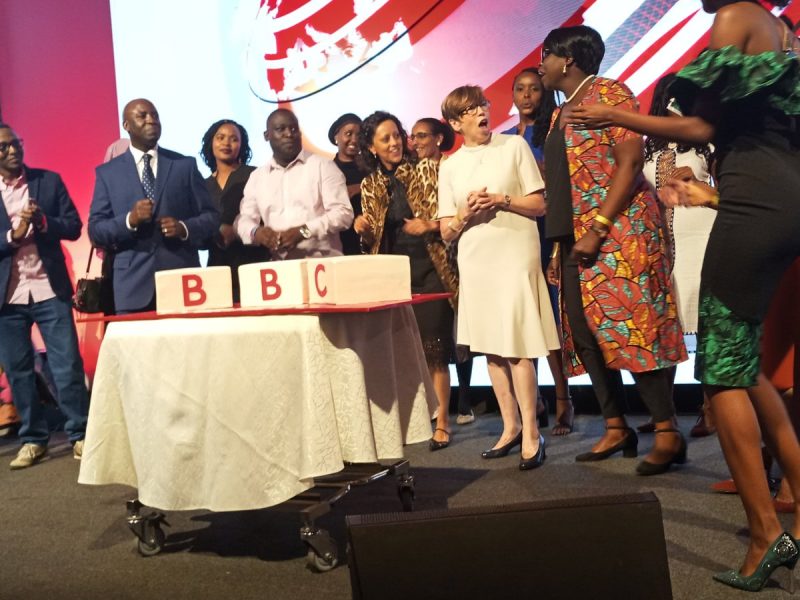




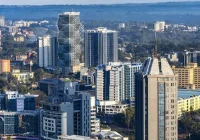
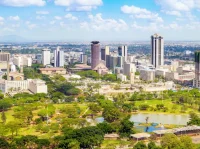
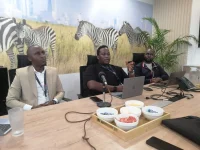
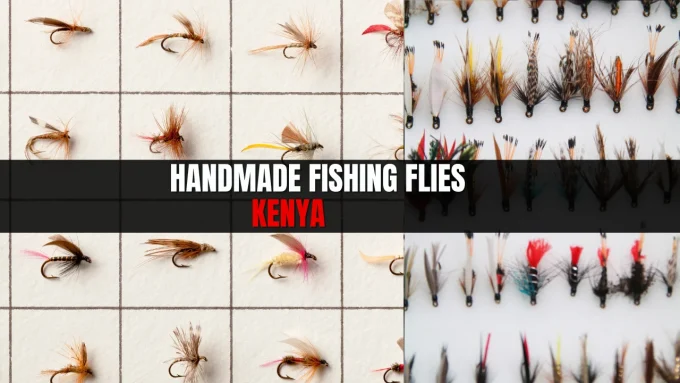
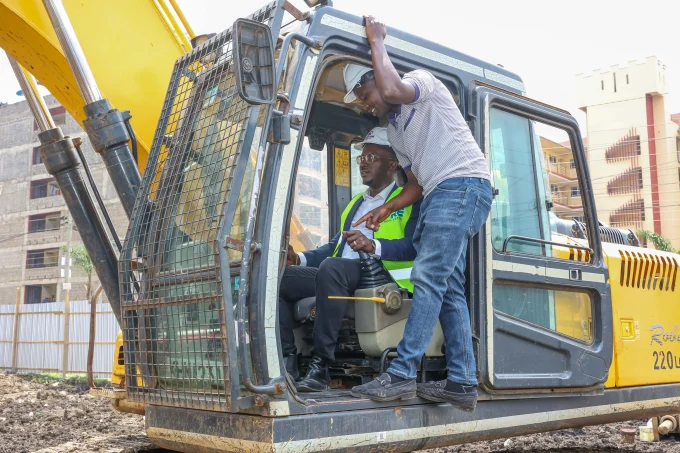

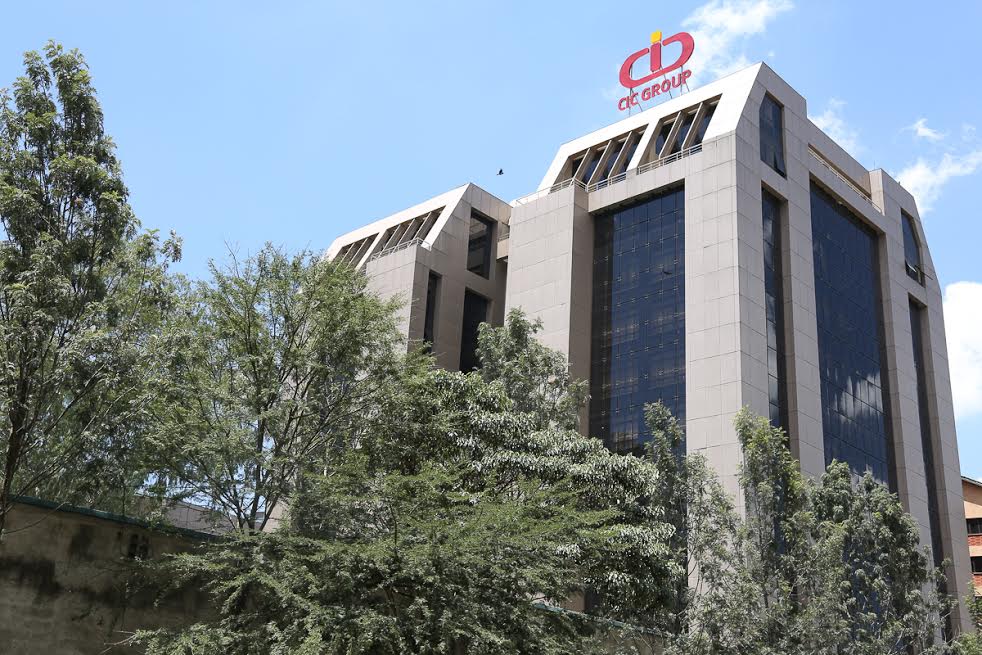
1 Comment